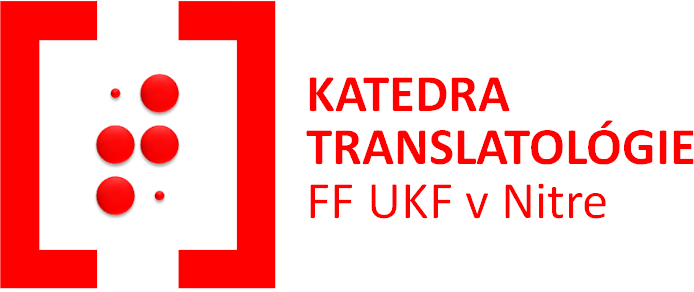2023
The 2023 employability survey confirmed a positive trend in the employment of graduates of our Master's degree programmes, as well as the diversity of their professional activities (full survey results here – Slovak language only). In 2023, 96.2% of our graduates had a job. A significant majority found employment before or immediately after graduation (84% in total). 70% of graduates are in an employee position, 28% work (also) on a freelance basis and 10% work (also) on a royalty basis. The majority reported that their work is directly related to their translation and interpreting training. As areas of their current activity, graduates mention e.g. translation of specialized texts for the private sector and European institutions, literary translation and cooperation with publishing houses on proofreading and editing of texts, translation of websites and technical documentation, subtitling and translation for dubbing, certified sworn translation, management of translation and localization projects, creative writing and copywriting, in-house interpreting and public service interpreting.
2021
We are interested in how our alumni fare after they leave our department with their diploma in hand. We also want to know how we have prepared them for the current demands of the labour market. That is why every three years we carry out a survey on the employability of graduates of the Department of Translation Studies.
The results of the current one can be found here (Slovak language only).
We are very pleased that up to 97.7% of our graduates are currently employed. Most of them (53.5%) found a job immediately after graduation. Another almost a third (27.9%) even while they were still studying.
Our graduates are mainly employed in professions and activities that are directly related to their translation and interpreting education (e.g. translation and subtitling of films, creation of dubbing, interpreting of negotiations, translation of specialised texts, literary translation, editorial work), or they make extensive use of linguistic, intercultural, and translational skills, or of market, technological, personal and interpersonal competences they have acquired during their studies (software localisation, project management, communication with international clients, work in the media, education and culture, etc.).


